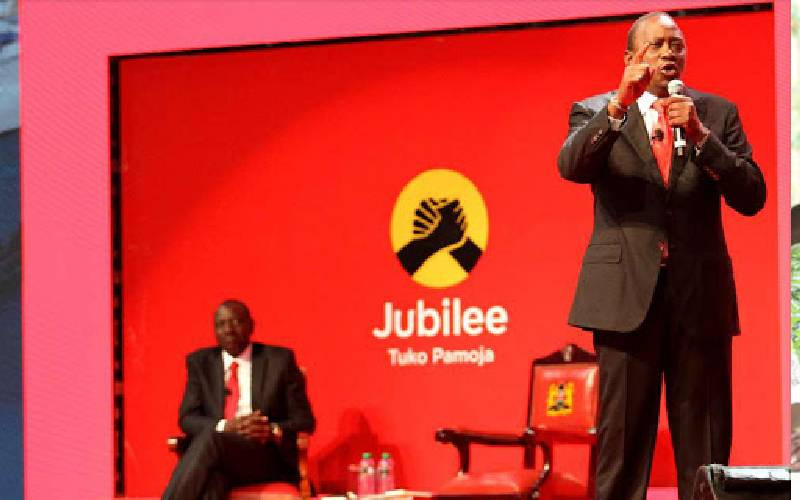
According to the 2022 human rights scorecard by Amnesty Kenya, the Jubilee administration scored an underwhelming 46 per cent. Human rights are at the heart of human dignity. The lowly score points to a wimpy focus on the wellbeing of the citizen. A lot of political energy was lost in transmission and did not arrive to light up the lives of the people as per the promises of the outgoing government.
Because humans are created in the image of God, human rights affirm and tend that divine image. They constitute the firms pillars that affirm humanness. Governments have a duty to create environments where all rights of human beings exist freely. In the case of the scorecard in focus, five areas were assessed: liberty and security of persons, civic freedoms, right to the highest standards of healthcare, right to adequate housing and right to adequate food. To be against these rights is to be against the people.